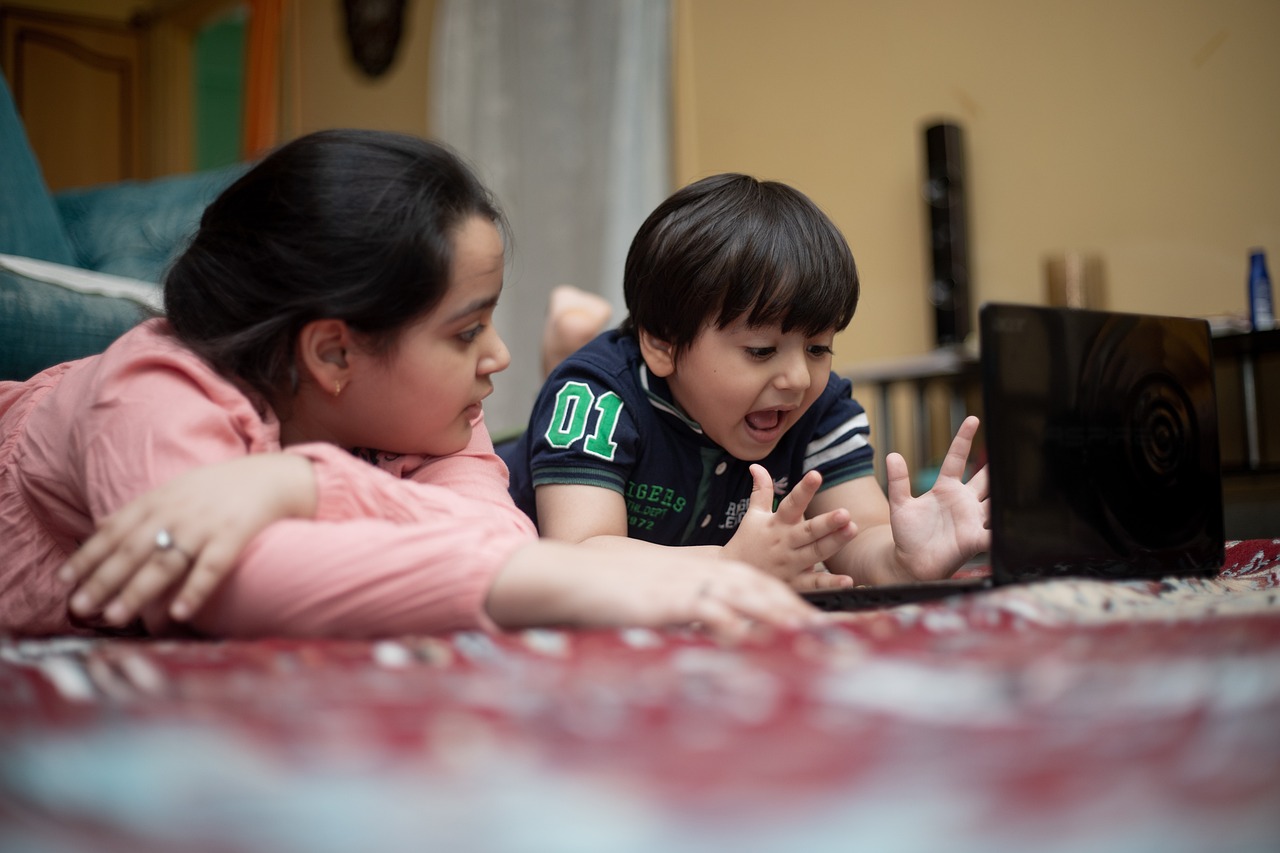Pediatric OT

The Role of Pediatric OT in Addressing Developmental Challenges
Sensory Processing Disorders
Children with sensory processing disorders often struggle to interpret and respond to sensory information from their environment. Pediatric Occupational Therapy targets these challenges by using sensory integration techniques to help children develop appropriate responses to sensory stimuli, thereby improving their ability to function in daily activities.
Fine and Gross Motor Skill Delays
Motor skill development is another critical area where pediatric OT makes a significant impact. Children who experience delays in fine motor skills, such as writing or buttoning clothes, or gross motor skills, such as running or jumping, benefit from targeted exercises and activities designed to enhance coordination, strength, and dexterity.
Cognitive Impairments
Pediatric Occupational Therapy also addresses cognitive impairments that may affect a child’s ability to learn, solve problems, and interact socially. Through individualized interventions, pediatric OTs help children develop essential cognitive skills, contributing to their academic success and social well-being.
How Pediatric OT Differs from Adult Occupational Therapy
Unlike adult Occupational Therapy, which often focuses on rehabilitation, pediatric OT places a strong emphasis on play-based interventions and family involvement. Play is a vital part of children’s learning and development, and pediatric OTs use it as a primary tool to engage children in therapy. Additionally, involving family members in the therapy process helps ensure that the strategies and skills learned in therapy are effectively carried over into the child’s daily life.
The Evaluation Process in Pediatric OT
Assessing Physical Abilities
The evaluation process in pediatric Occupational Therapy begins with a comprehensive assessment of a child’s physical abilities, including muscle tone, strength, and coordination. These assessments help OTs identify any areas of concern and develop a personalized intervention plan.

Assessing Cognitive Skills
Cognitive assessments evaluate a child’s problem-solving abilities, memory, and attention span. Understanding a child’s cognitive strengths and weaknesses allows OTs to tailor their interventions to support academic and social success.
Assessing Social-Emotional Abilities
Social-emotional assessments focus on a child’s ability to interact with peers, manage emotions, and cope with stress. Addressing social-emotional challenges is essential for fostering healthy relationships and overall well-being.
Tips for Parents: Recognizing the Need for Pediatric OT
Signs Your Child May Benefit from Pediatric OT
Parents should watch for signs that their child may need pediatric Occupational Therapy. These can include difficulties with motor skills, sensory processing issues, challenges with daily tasks such as dressing or feeding, and social or emotional concerns.
Finding the Right Therapist
When seeking a pediatric Occupational Therapist, it’s important to consider the therapist’s experience, qualifications, and approach to therapy. Parents should feel comfortable asking questions and ensuring that the therapist’s methods align with their child’s needs and family values.

The Future of Pediatric OT: Emerging Trends and Technologies
Telehealth Services
The rise of telehealth has expanded access to pediatric Occupational Therapy, allowing children to receive therapy services from the comfort of their homes. This trend is particularly beneficial for families in remote areas or those with mobility challenges.
Innovative Therapy Tools
Advancements in technology have introduced new tools and techniques in pediatric OT. From virtual reality games that improve motor skills to adaptive devices that facilitate independence, these innovations are enhancing therapy outcomes and making sessions more engaging for children.
Personalized Therapy Plans
As our understanding of child development evolves, pediatric Occupational Therapy continues to move towards highly personalized therapy plans. Tailored interventions that consider a child’s unique strengths, interests, and challenges are proving to be more effective in promoting positive outcomes.
Becoming a Pediatric Occupational Therapist
For those interested in pursuing a career in pediatric Occupational Therapy, the path typically involves obtaining a Master’s degree in Occupational Therapy from an accredited program, completing supervised clinical experiences, and passing national certification exams. Specializing in pediatrics often requires additional training and certification, as well as a passion for working with children and families.
Pediatric Occupational Therapy
Pediatric Occupational Therapy is an invaluable resource for children facing developmental challenges. By focusing on individualized, play-based interventions and involving families in the therapy process, pediatric OTs help build brighter futures for their young clients. Early intervention is key, and recognizing the signs that a child may benefit from pediatric OT can make a significant difference in their development and quality of life.
As we look to the future, emerging trends and technologies promise to further enhance the field, providing even more effective and accessible therapy options. Whether you are a healthcare professional, parent, or someone interested in the field, understanding the importance and impact of pediatric Occupational Therapy is essential for supporting the next generation.
Interested in learning more about how pediatric OT can help your child? Contact a primary care physician to obtain a referral for a pediatric Occupational Therapist today and schedule an evaluation to start building a brighter future.
